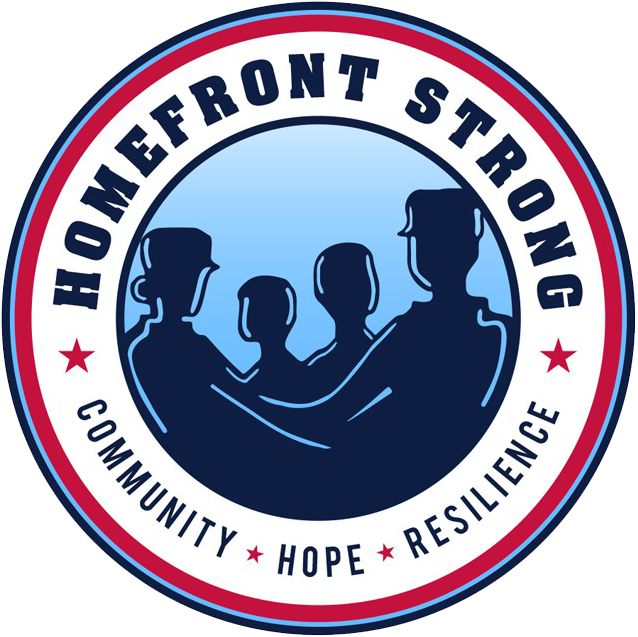
Fuel your body to feel better
By Jennifer Baublitz
What is it? Maintaining proper nutrition is essential for supporting our resilience stores. We know that eating right has significant health benefits, including:
-
Sustained energy and attention throughout the day
-
Positive health outcomes such as reduced rates of obesity, diabetes and heart disease
-
An optimal immune system
-
General physical well-being
How does it impact resilience? At the same time, nutrition fuels the mind/body connection. The better we feel physically, the better we fare emotionally. Have you ever indulged in a moment of weakness (i.e. finishing ½ the cake or the whole pint of ice cream) and immediately regretted it afterward? Or maybe you’ve found yourself in a pattern of grabbing fast food every day to accommodate a hectic schedule. Odds are, if you’ve done any variation on either of these things, the general lethargy and sluggishness that you felt also contributed to a sense of pessimism and self-defeat. Our gut communicates directly with our brains, so it only stands to reason that if we pump junk into our bodies, we’re going to feel it in more ways than one!
Additionally, we have emotional attachments to food that extend beyond our response to the physical impact. Food is a centerpiece in our lives – we gather around the table to break bread with one another and celebrate milestones with large spreads, cakes, goodies and other traditional fare. It is often associated with comfort and celebration, joy and sadness. At times, food defines periods of our lives: perhaps you recall that summer, when every Friday you went for ice cream at our favorite place… or how about that restaurant on the Cape? These memories may drive us to food when we are feeling down. On the other hand, maybe you recall vividly (and not so fondly) those MRE’s that accompanied you in the sandbox? Sometimes food associations can result in strong aversions. On another note, if you’ve ever been food insecure, thoughts around nutrition are likely to generate feelings of anxiety, desperation and perhaps even shame. Food is a powerful force.
What can we do? First, if you or anyone you know is food insecure right now, please reach out to us here at the Brookfield Institute or follow the links below for resources. There are many programs available, (especially for households with school aged children – check in with your district to find out if meals are being distributed through the school in your area), including those for military/veterans and their families.
If you have access to healthy food, follow the tips provided in the accompanying video! Kristen O’Brien shares tips with us around how you can maintain a healthy diet while stuck at home to optimize your immune system. Remember, though it may provide you comfort in the moment, those cookies or chips are not going to fuel you properly in the long run. Don’t deprive yourself all together; rather aim for a balanced diet with every in moderation.
Lastly, be aware of FOMO – fear of missing out. If you’ve accessed any form of media in the past month or so, or ventured out to the grocery store, you know that staple items are flying off the shelves and very difficult to access. Why is toilet paper gone, you may ask? Well, it is a combination of factors involving how the supply line works and the emotional connection we have to food; though you may know full well that the national supply is strong, when you see others loading up their cart next to you, it triggers anxiety and the feeling that there is something they know that you don’t. This panic buying and hoarding behavior is a huge driving factor behind supply line disruptions, and it puts our grocery workers at risk. When you venture out to the store with your mask and gloves on, remember this:
-
There is no indication that your favorite cut of beef or pasta sauce is going to run out completely; though it may not be available now, it will get back on the shelves. In the meantime, is there a healthy alternative?
-
You only need what you and your family will eat over the course of two weeks – don’t buy items just because you think you should; the likelihood of you using them is low.
-
One hundred rolls of toilet paper and 20lbs of flour will last a long time – remember, this too shall pass.
-
Make sure you have the essentials, freeze what you can and try shopping at small, local grocers and farmers markets that are less frequented by the general public.
Resources
Massachusetts Military Support Foundation: https://massmilitarysupportfoundation.org/
Massachusetts Food Banks: https://www.foodbanks.net/state/ma.html
